

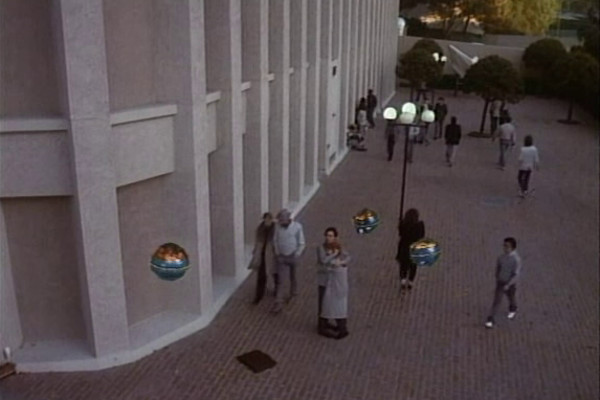
A perfect example of the variable nature of the 1980s series, whereby this engrossing story formed the middle segment of the sixteenth episode with skippable entries The Elevator and Tooth and Consequences. While this isn't quite as big a gulf as episode seven's double bill of Teacher's Aide/Paladin of the Lost Hour, it comes close.
Based on a short story by Robert Silverberg, it sees an alternate future whereby a man (Cotter Smith) is sentenced to become "invisible" for a year due to his lack of compassion. It's difficult not to feel for his plight as his sense of isolation is played out over the course of twelve months. The incidental music, often one of the worst elements of the 1980s series, is here a nice mix of futuristic alienation by Craig Safan. The only real downside of one of the strongest stories is the production, which again presents incredibly rudimentary video effects over footage that had been shot on film and treated. However, it's a minor sticking point in an otherwise strong entry.
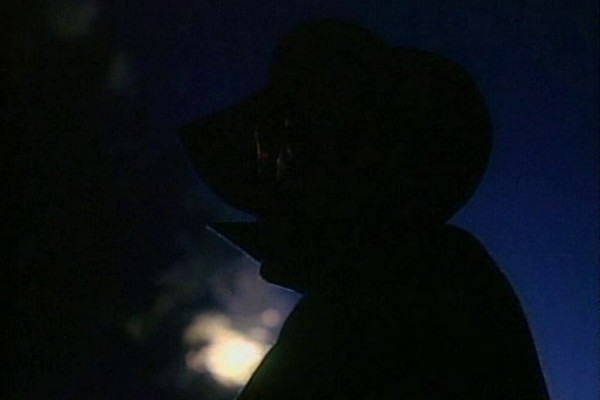
1983 had seen the release of the anthology film Twilight Zone: The Movie, where Joe Dante had directed a remake of the classic series episode It's A Good Life. The film was a reasonable, albeit not massive hit; grossing around $29.5m on a $10m budget. However, despite a lukewarm critical and box office appeal, it did indirectly lead to the resurrection of the series for television.
Dante returns here, directing a "monster under the bed" tale that's genuinely affecting. Children have loved "boogieman" stories for years, as witnessed by the recent appeal of the internet creation The Slenderman. Although I've been critical of lots of the 1980s Twilight Zone in this article, one thing it must be commended for is daring to break taboos: it's not many horror films involving children, shown in a family timeslot, that end with the death of a child.
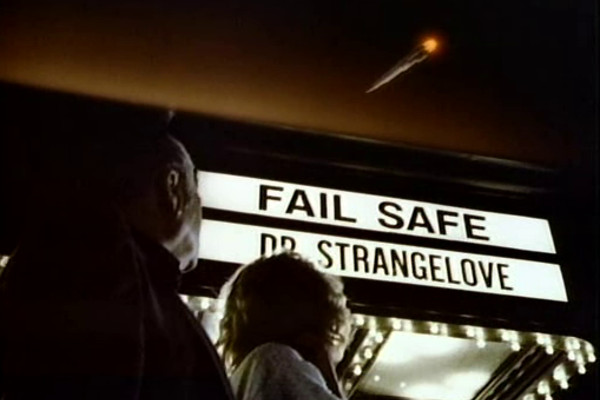
Sometimes all it takes is a good ending. That's not to say that this episode isn't great in and of itself. The "frozen people" effects are variable (Joshua Harris as the family's son clearly appears to be about to laugh at the dinner table) but Melinda Dillon gives an inspired, engaging performance as the put-upon mother who finds a way to stop time. It's also a witty script with many appealing moments. Yet in arguably the most famous moment of the 1980s series, it closes with a true classic: the mother has stopped time while nuclear missiles hang in the air, knowing she can never let time run again lest they destroy the world.
Nuclear war was one of the revival series' biggest obsessions, and for a long time in a post-cold war era, it did make the series look dated and lacking immediacy. Whatever your views on current world regimes, we should perhaps be grateful that while 2017 is again a scary place where war seems just a step away, it does have the small, perverse bonus that it's once more made the 1985 Twilight Zone topical.
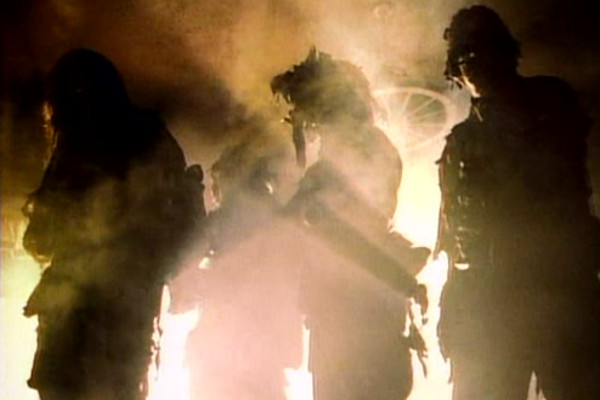
Thirty-three separate directors were responsible for bringing the first 80s season of The Twilight Zone to the screen. Although some were more successful than others, many of them had achieved the work without the fame that others had acquired. The three big "star name" directors were Wes Craven (five episodes, and a sixth for the second season), Joe Dante and, here, William Friedkin.
Interestingly, the DVD commentary features the episode's writer, and series Executive Producer, Philip DeGuere, stating that the content of this episode was "too much" for the unannounced 8pm timeslot, and that while the series obtained a 30% audience share for its first four episodes, this plummeted to 22% the week after this intense instalment aired.
Although some of the final effects sequences can be a little... "1980s"... as a pure product this is the highest the revival series ever reached. Readers of my old Twilight Zone microsite may recall I once ranked this as the greatest episode of the season and perhaps wonder why it no longer occupies that spot... I guess, as strong as this entry still is, there's perhaps the feeling that it's more of a compelling short film in its own right, rather than a fully-fledged episode of The Twilight Zone, but then a lot of that is due to the high quality, whereas most of the season wasn't in the same class. Besides... everyone's allowed to change their mind once in a while...
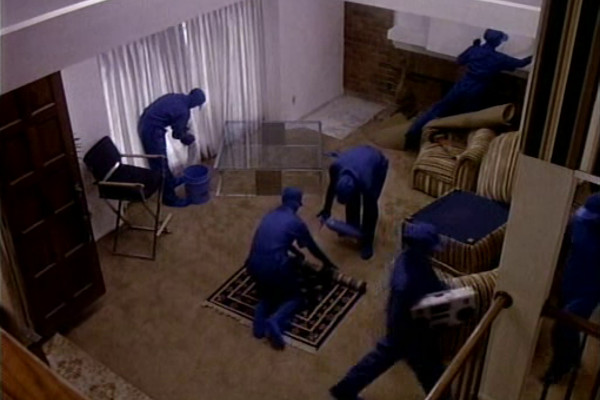
Arguably the most-remembered episode of the revival series, A Matter of Minutes sees every individual minute being built from scratch by an army of blue men who exist outside of time. Occasional mistakes by the blue men will result in phenomena like mislaid keys which later turn up in a place you've already looked. It's a witty, inspired and innovative idea, and should have been the benchmark for when the series was brought back, rather than a rarity. The relative complexity of the plot means that it's unavoidably a little exposition-heavy, and the resolution perhaps lacks a real killer payoff, but coming in at less than 16 minutes it presents its conceit well, and doesn't overstay its welcome.
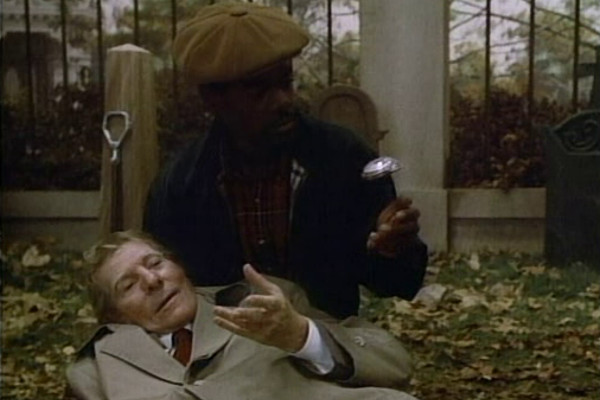
The original Twilight Zone was often written like a theatre production for the small screen, with dialogue that opted for literary rather than naturalistic and exteriors that were often very clearly sets. Not only did this provide a great deal of charm, it also made it, in its finest hours, something more than "just television". While the 80s episodes often go the other way and try to make things more "real", Paladin of the Lost Hour goes the other way and gives us a touching two-hander where even the horrors of Vietnam are captured with a few sound effects, special lighting and a committed performance.
The DVD commentary is by the episode's writer Harlan Ellison, who introduces an acerbic element to an otherwise charming instalment. Describing scene stealer Danny Kaye as a "very selfish actor" who would only give his best performances in his close ups, or saying that the director Gil Cates "directed so badly... he was such a hack director", there's very few people who escape Ellison's wrath in this talk track. Detailing tales of how he assaulted (his words) the casting director, which caused them to hire a bodyguard, it's to Ellison's credit that some of his most scathing words - "very elitist and arrogant dude" - are reserved for himself. Although there's jokes at Ellison's expense on some of the commentaries that don't feature him, and he admits himself that he's not the easiest person to get along with, one thing is certain... the first season of the 1980s Twilight Zone wouldn't have been the same without him.